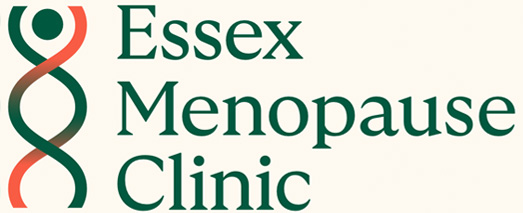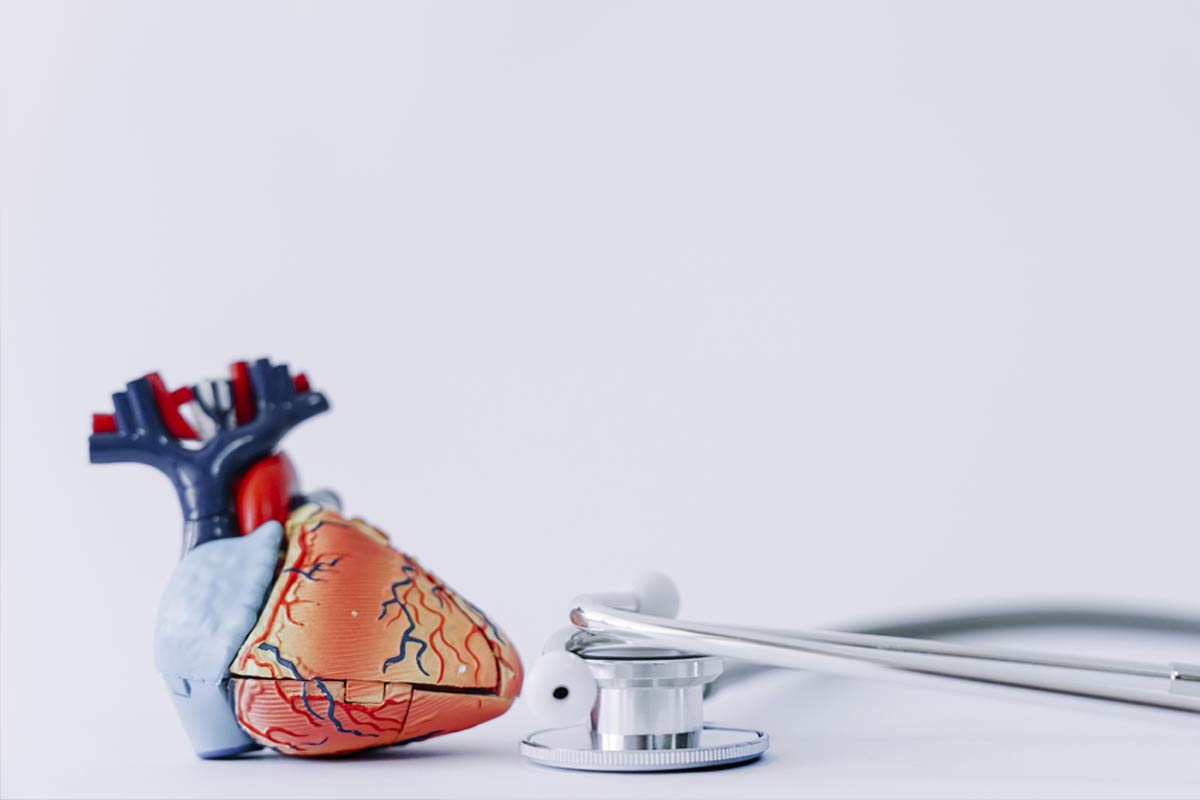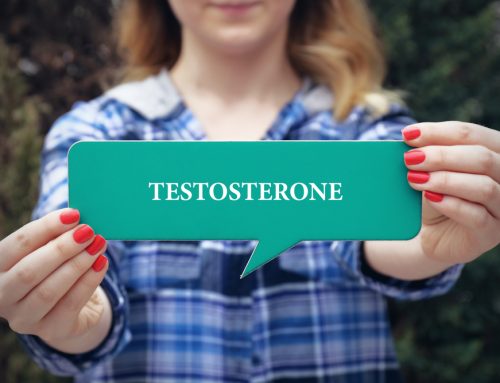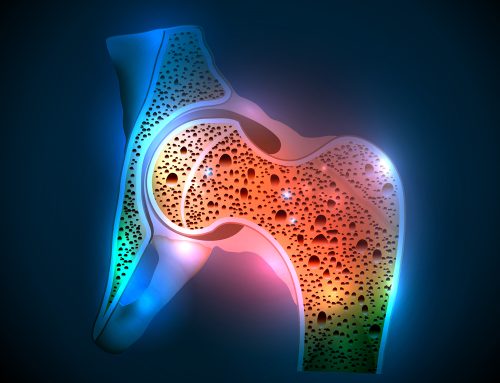Coronary heart disease (CHD) is the leading cause of death in women. The risk of developing CHD in women increases when oestrogen levels fall after the menopause. In particular, we know that there is an increased risk of CHD in women who have premature menopause (menopause below the age of 40).
There are many risk factors for developing CHD, the main ones include:
- High blood pressure
- High cholesterol
- Diabetes
- Smoking
- Obesity
- Early menopause
What is the importance of oestrogen?
Oestrogen is important for keeping blood vessels healthy and it helps to prevent them narrowing. It also has a beneficial effect on cholesterol and can help reduce unhealthy cholesterol (LDL) and increase healthy cholesterol (HDL). Unhealthy cholesterol can stick to the sides of blood vessels causing plaques, this is a process called atherosclerosis. This causes narrowing and hardening of the blood vessels which can then lead to increased blood pressure, or if the vessel affected is a small vessel it can get completely blocked. If a blockage happens to one of the small vessels around the heart it causes a heart attack.
Oestrogen has also been shown to reduce the risk of diabetes in post-menopausal women. Menopausal women often have a change in body shape and lay down fat around their middles, oestrogen can also help reduce this central fat distribution.
What effect does progestogen have?
Progestogens which are given alongside oestrogen when HRT (hormone replacement therapy) is given to women who have a uterus (womb), vary in their effect on cardiovascular risk. Body identical micronised progesterone and the synthetic progestogen dydrogesterone appear to have the most favourable effect on blood pressure and cholesterol.
Could oestrogen benefit me?
There is evidence that women who have severe vasomotor symptoms (hot flushes and sweats) have a greater risk of heart disease and stroke.
Studies have shown that women who start oestrogen hormone replacement therapy (HRT) before the age of 60 or within 10 years of the menopause have a lower risk of heart disease. Women who start oestrogen later than this, do not appear to get the same benefit from treatment in terms of protection from heart disease.
It is particularly important in women who have premature menopause (below the age of 40) to have HRT until the average age of menopause, (51 years old), unless of course there is a contraindication to treatment (e.g. breast cancer). Women who have premature menopause have less exposure to oestrogen over their lifetime and are at an increased risk of heart disease and osteoporosis. Giving oestrogen replacement to these ladies is necessary to prevent this.
What else can I do to reduce my risk of CHD?
Following a healthy lifestyle is very important for reducing your risk of CHD. Stopping smoking, ensuring you are a healthy weight, eating a balanced diet and regular exercise (>150 minutes a week) all help reduce the risk of developing CHD.
Key messages:
- HRT is not just good for treating menopausal symptoms
- HRT can reduce risk of CHD if started early
- Women with more severe menopausal symptoms have a greater risk of CHD






Leave A Comment